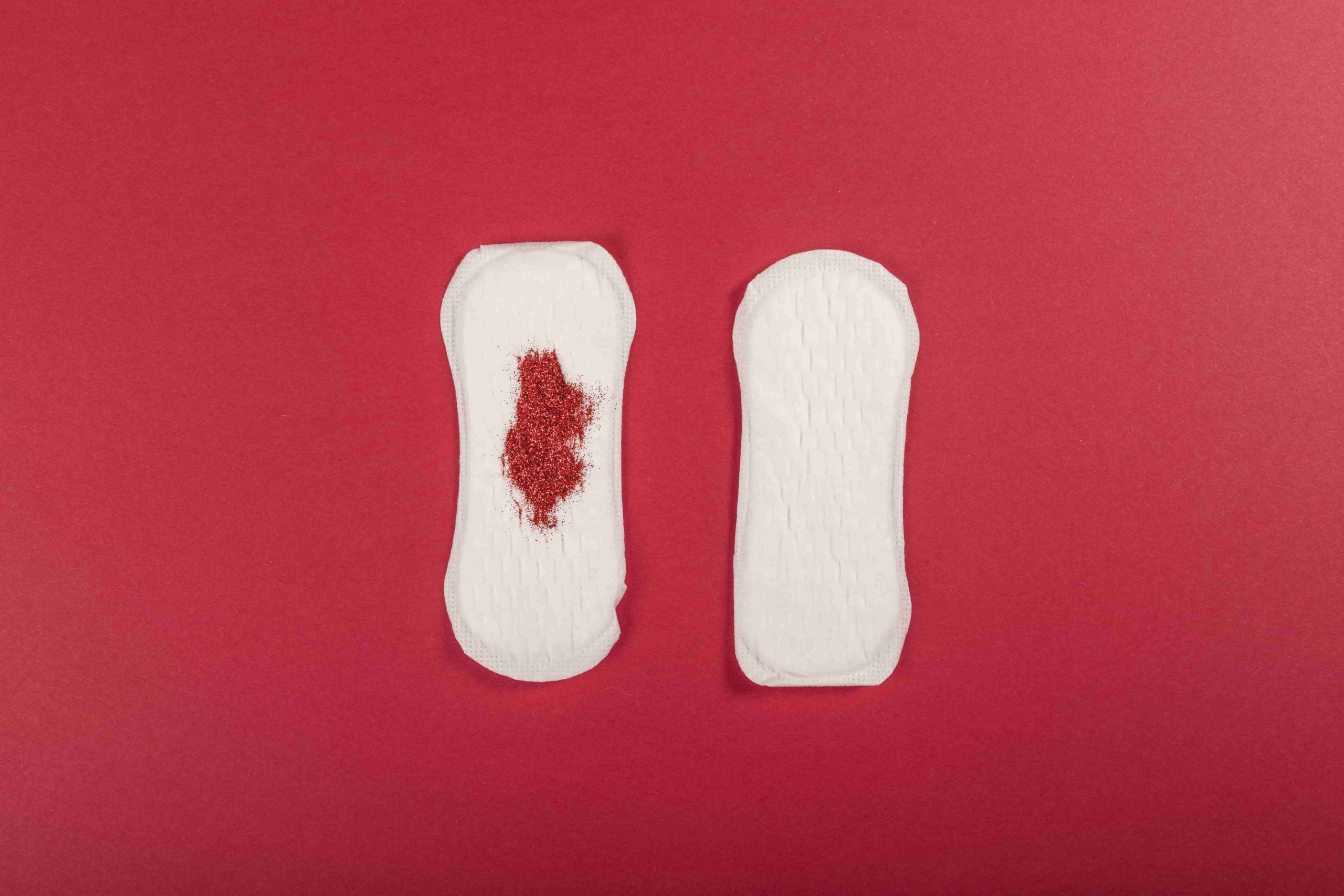Typical menstrual cycles usually fall between 21 to 35 days. But you know what? Sometimes, our cycles can be a bit unpredictable. They might get shorter or longer, which can lead to having two periods in a single month.
Now, don’t freak out just yet! Most of the time, there’s a simple reason behind it. But if this becomes a regular thing, it’s a good idea to pay attention to any signs and symptoms. Keep reading to understand why you might experience two periods in one month.
What are the possible causes?
If you’re someone with short menstrual cycles, you might find yourself having periods at the start and end of a month, which can be pretty normal for you. But if you’re on a more typical 28-day cycle, getting your period twice a month might catch you off guard, and it can seem a bit unusual.
Now, here’s the thing to keep in mind: irregular bleeding can sometimes signal a medical issue. It could be due to a few different things:
1. Pregnancy – Sometimes, bleeding can happen during pregnancy, so it’s a good idea to check with a healthcare provider if there’s a chance you might be pregnant.
2. Sexually transmitted infections (STIs) – STIs can lead to light bleeding or spotting, along with unusual vaginal discharge.
3. Miscarriage – If you’re pregnant and experience heavy vaginal bleeding, it could be a sign of a miscarriage. In such cases, it’s crucial to see a healthcare provider right away.
4. Hormones – Imbalances in hormones or issues with ovulation, which could be caused by thyroid problems, high levels of prolactin, or polycystic ovary syndrome, can lead to irregular vaginal bleeding.
5. Weight – Stress, excessive exercise, or changes in weight can also be culprits for having two periods in one month.
6. Hormonal contraceptives – If you’re using hormonal birth control, don’t be surprised if you experience some bleeding between your periods, especially during the first few months. It’s pretty common. But, if it persists, it’s a good idea to reach out to a healthcare provider.
7. Cervical or endometrial polyps – These are non-cancerous growths in your cervix or uterine lining that can lead to extra bleeding.
8. Changes in the cervix – Things like ectropion, cervical intraepithelial neoplasia, or even cervical cancer can be behind the unexpected bleeding.
9. Uterine issues – Conditions like fibroids, adenomyosis, or excessive growth of the uterine lining (endometrium) can also result in two periods in a single month.
Is it period or just spotting?
Here are some clues that might help you figure out if unexpected bleeding is just a funky period, ovulation-related, or possibly something more:
With regular bleeding, even if you have two in one month, usually means you’re going through a tampon or pad every few hours. The blood tends to be bright red, dark red, brown, or pink.
Now, when it’s spotting, the bleeding won’t usually be heavy enough to soak through a tampon or pad. It’s more like light brown, pinkish, or dark red blood, and it typically doesn’t stick around for more than a day or two.
When should I contact my doctor?
If you’re suddenly getting your period more often than usual and it’s happening, say, less than every 24 days, it’s a good idea to have a chat with a healthcare provider.
Every now and then, your period might act a little wonky, especially if you’re dealing with stuff like stress, changes in your diet, travel, or intense workouts. But if it’s becoming a regular thing, it’s probably a good idea to check in with a healthcare provider.
Start keeping tabs on your periods to see if there’s a pattern. Make a note on your calendar of when your period begins. It might take a couple of months to notice any trends. Pay attention to how heavy your flow is, how many days your period lasts, and whether you’re dealing with symptoms like painful cramps.
A healthcare provider can help figure out what’s causing this and might ask about your symptoms and run some tests. You could need a blood test to check your hormone levels or an ultrasound to look for cysts. Once they figure out the underlying cause, they can recommend the right treatment.
Sources:
Shkodzik, K. (September 3, 2020). Two Periods in One Month: Are Multiple Periods a Reason to Worry? Flo.
https://flo.health/menstrual-cycle/health/period/two-periods-in-one-month
Nall, R. (October 17, 2023). Is it normal to get your period twice a month? MedicalNewsToday.
https://www.medicalnewstoday.com/articles/322252
Migala, J. (September 11, 2023). Health. https://www.health.com/condition/menstruation/two-periods-one-month



